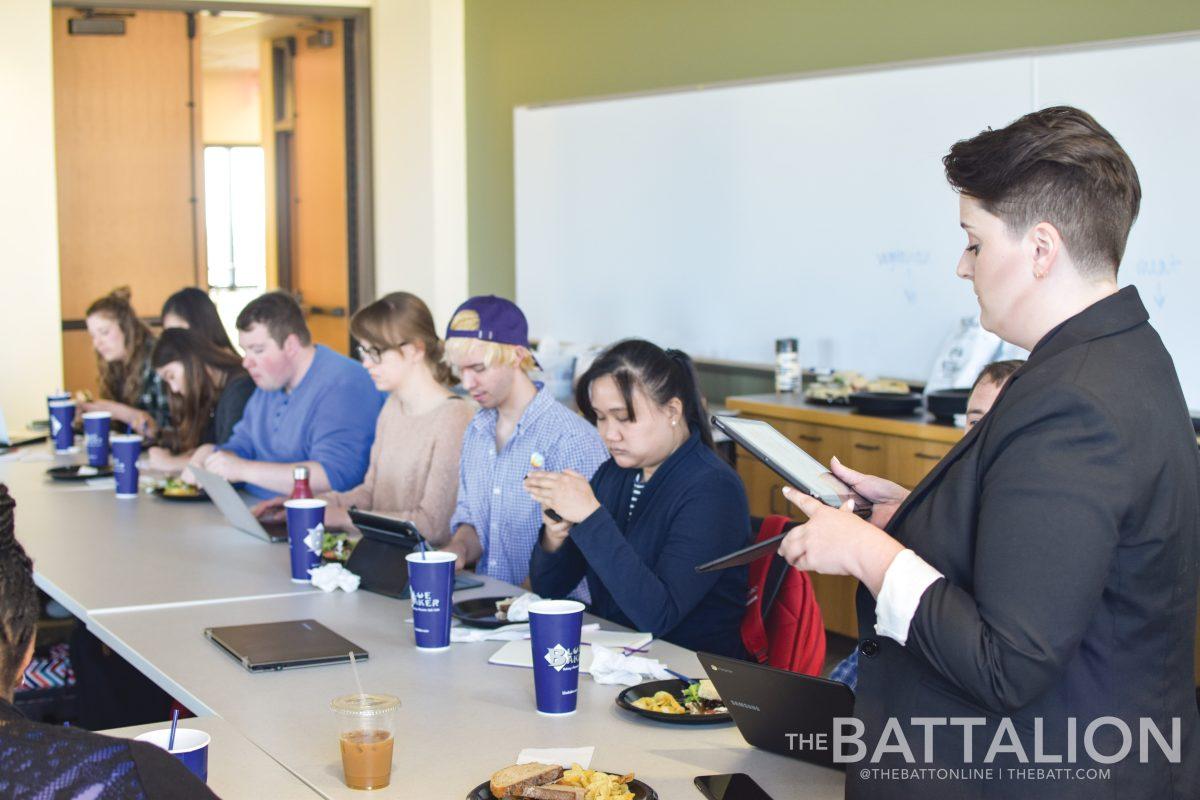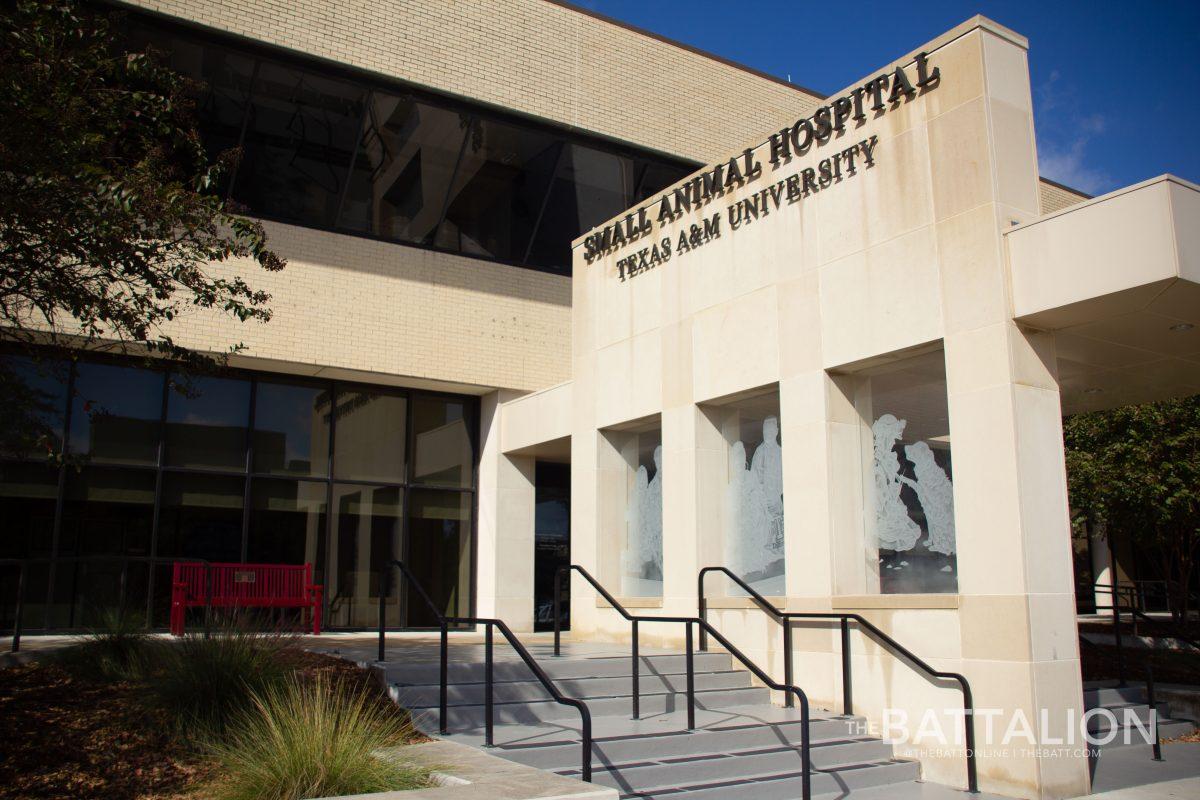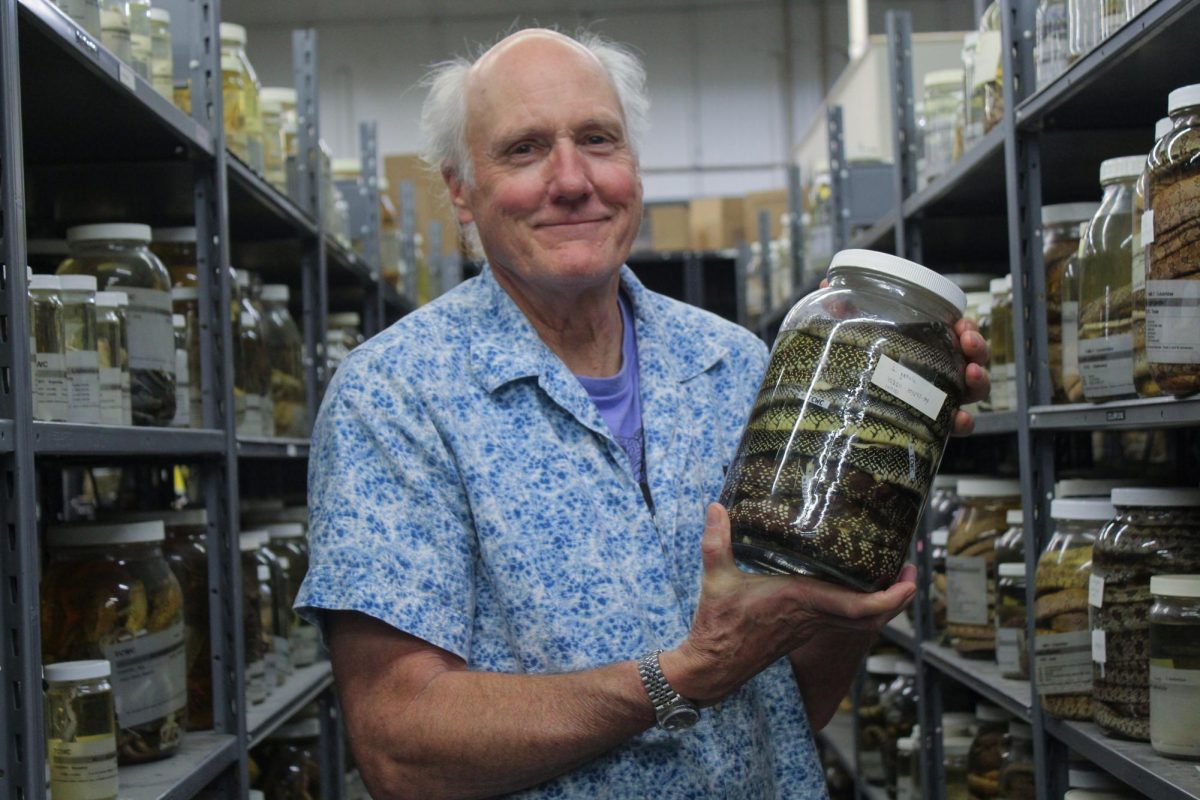Graduate students were advised on how to combine their love for research with their passion for activism at the Professionalizing as a Scholar-Activist workshop on Tuesday.
Guest speaker Karma Chavez, associate professor of Latino studies at the University of Texas, defined a scholar-activist as someone who does scholarly work for a university while simultaneously serving as an activist for causes they feel are important.
One of the attendees, Moises Cerezo, history graduate student, asked what can be done to bridge the often large gap between scholarly work and the people and communities that need attention.
“We have all of these academics and there’s a disconnect between theory and practice, and there’s a disconnect between these dissertations you spend all these years writing and all this studying and it doesn’t get down to the layperson,” Cerezo said. “What is our real contribution to the world if it doesn’t get down to the person that needs it?”
Scholars have a particular responsibility to the communities they study, according to Chavez.
“If we’re scholars that study particular groups … we are obligated to those groups in ways that they would not be otherwise,” Chavez said.
The panel debated challenges and issues which might occur when trying to continue ones scholarly work while being activists for issues they deem significant.
Passion for activism can be used to discredit the validity of one’s academic work, according to Desirae Embree, English department graduate teaching assistant and Class of 2015. Embree said there are ways to remain enthusiastic for activism and produce quality work.
“What concerns me is that the knowledge is expected to be objective … if there’s a purpose in me doing the research or bringing my own agenda to the research, which is pro-woman, pro-queer, anti-racist, it somehow compromises the knowledge I’ve produced,” Embree said. “I have wondered that because of the identity that I hold, it makes my work look emotional instead of rigorous. It sets the bar that much higher for my work, too.”
The panel discussed if it is possible to be an activist through established institutions and universities. Specifically, they addressed how a scholar-activist’s relationship to their university must be carefully nuanced in order to support issues they care about while remaining at their university.
Chavez said universities can often be reformist instead of activist by insisting on making small changes to flawed institutions, rather than completely rebuilding from the ground up.
“A university is designed like a public school … it is aiming to produce good civil members of society … reform is going to be something other than radical, it will suggest America is great because America is good, we don’t need to actually destroy the whole thing,” Chavez said.
Balancing activism and academia
March 21, 2018
Photo by Photo by Dalia Muayad
A panel of graduate students gathered to discuss the challenges of balancing professionalism and activism.
0
Donate to The Battalion
$2790
$5000
Contributed
Our Goal
Your donation will support the student journalists of Texas A&M University - College Station. Your contribution will allow us to purchase equipment and cover our annual website hosting costs, in addition to paying freelance staffers for their work, travel costs for coverage and more!
More to Discover










